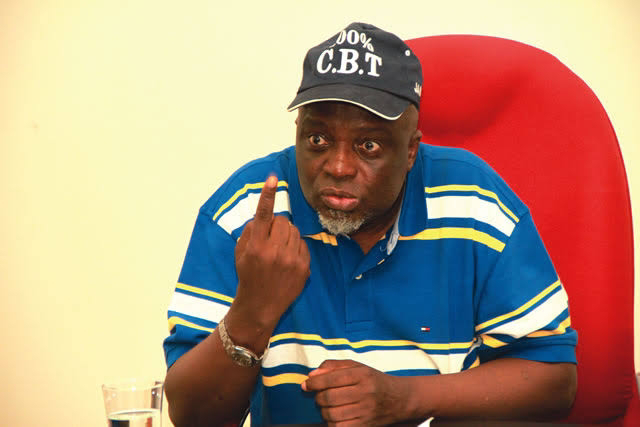The Joint Admissions and Matriculation Board (JAMB) has accused some tertiary institutions of engaging in illegal admissions.
The JAMB Registrar, Is-haq Oloyede, levelled the allegation against the institutions on Thursday during an admission policy meeting in Abuja, Nigeria’s capital. The institutions he named include the University of Nigeria, Nsukka (UNN), University of Abuja (UNIABUJA), National Open University (NOUN), Kwara State University (KWASU), and Delta State University (DELSU).
The policy meeting, convened by JAMB, is a forum for critical stakeholders in the admission processes into tertiary institutions in the country, including university vice-chancellors and registrars, rectors and registrars of polytechnics, provosts, and registrars of colleges of education, and principal officers of monotechnics.
Mr Oloyede disclosed that the Nigerian government had already granted waivers to about one million candidates allegedly illegally admitted by these institutions.
He said the Federal Ministry of Education offered the waivers to those candidates admitted illegally between 2017 and 2020.
However, Mr Oloyede said that despite the waiver, some institutions still engage in illegal admissions.
He said out of the one million it got waivers for, JAMB has been able to register only about 600 candidates so far “because a large number of them do not have the basic qualifications.”
He added that over 700 candidates were offered admission outside the JAMB Central Admission Processing System (CAPS) by the National Open University (NOUN), thereby embarrassing the agency and the university.
“Corrupt admission practices in these institutions include admission crises for regulated programmes (MBBS, Law, Nursing) in University of Nigeria; admission issue by issuance of admission letter before completion of process on CAPS for 2020, 2021, 2022 and 2023 in University of Abuja; Imo State University on admission racketeering under investigation and cases of University Diploma of KWASU,” he said.
Mr Oloyede said any candidate or institution that engaged in illegal admissions after the waiver in 2020 will not get any support.
Controversy over admission procedure
JAMB’s statutory responsibility is to conduct entrance examinations into the country’s tertiary institutions – universities, polytechnics, colleges of education, and monotechnics.
JAMB registrar Mr Oloyede has always emphasised that the agency’s mode of examination is to rank candidates to enable them to gain admission into their chosen institutions.
However, the introduction of the CAPS by JAMB, which mandates institutions to upload their requirements for verifications and regulations by the examination body, has been termed “insubordination” by many stakeholders including workers’ unions.
Opponents of JAMB’s regulatory oversight functions insist that the examination body’s activities violate the University Autonomy Act, which they claim empowers institutions to make independent decisions on academic and administrative matters.
Reacting to the minister’s directive on the age limit for admission on Thursday, the National President of the Congress of Nigerian University Academics (CONUA), Niyi Sunmonu, said such decisions by the minister and bodies like JAMB only violate the university autonomy act.
Mr Sunmonu said: “…Where is the place of University Autonomy Act? Are universities “appendages” of the Ministry of Education?”


Post a Comment